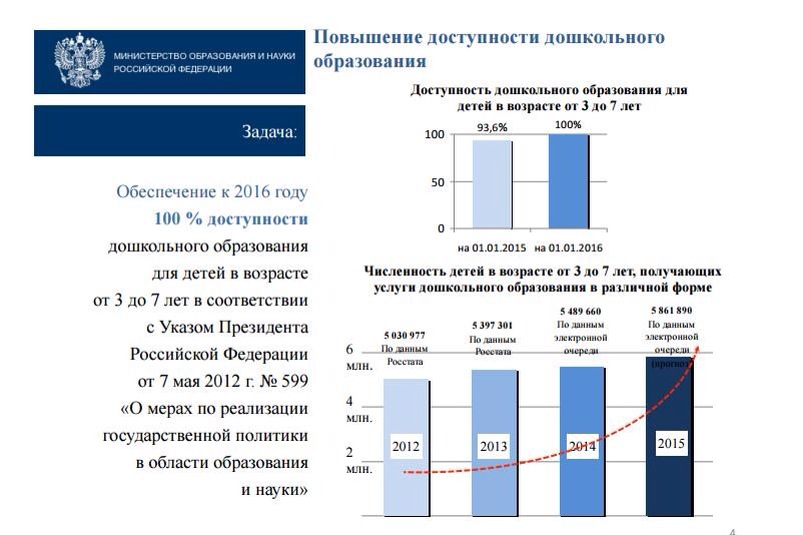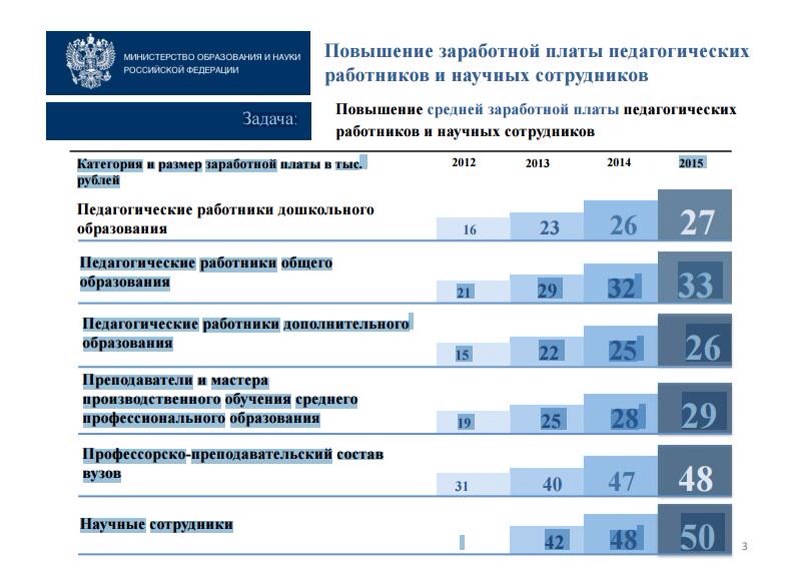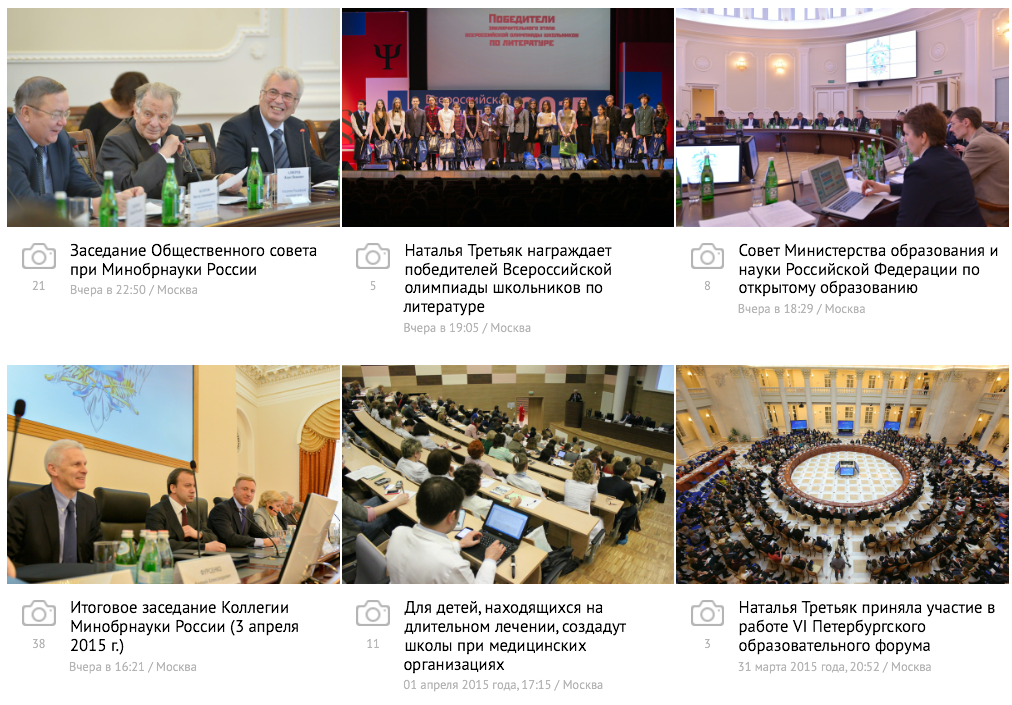Международный научный центр “Сфера общественных наук” X Международная научно-практическая конференция: ««Современные научные исследование: инновации и опыт»» 17-18 апреля, 2015 г. Екатеринбург, Россия Прием заявок, текстов статей до 17.04.2015 (включительно) Предоставление документов об оплате до 18.04.2015. Публикация принятой статьи на сайте Конференции до 13.05.2015 Рассылка журналов и сертификатов 13.05.2015 Заполнить анкету автора онлайн Информационное письмо Архив журнала Научные направления ( полный список наук смотрите на сайте ): социологические науки языкознание политологические науки исторические науки философские науки литературоведение исскуствоведение культурология документальная информация архитектура Контакты: Международный научный центр “Сфера общественных наук” Адрес: 620144 г. Екатеринбург, ул. Сурикова, 28 Адрес электронной почты: info@social-scope.ru Адрес веб-сайта: http://social-scope.ru/ Главный редактор — д.ф.н. проф. Феклисов К. Р. ![]() Social-scope_inform_letter_17-18042015.pdf
Social-scope_inform_letter_17-18042015.pdf
Архив за месяц: Апрель 2015
Программа «Патриотическое воспитание граждан Российской Федерации на 2016-2020 гг.» опубликована для общественного обсуждения
Минобрнауки России вынесло на общественное обсуждение программу «Патриотическое воспитание граждан Российской Федерации на 2016-2020 годы». В настоящее время проект размещен в свободном доступе на сайте regulation.gov.ru.
Координатором по разработке Программы стало Федеральное агентство по делам молодежи. В числе разработчиков Программы эксперты МГУ им. М.В. Ломоносова, Института национальной стратегии, представители федеральных и региональных органов исполнительной власти, Роспатриотцентра и ряда общественных объединений.
Целью программы является обеспечение необходимых условий для повышения гражданской ответственности за судьбу страны, готовности граждан к защите Родины, повышение уровня консолидации общества для решения задач обеспечения национальной безопасности и устойчивого развития Российской Федерации, вовлечение граждан в процесс защиты, сбережения и укрепления могущества Российской Федерации, обеспечение преемственности поколений россиян, укрепление чувства сопричастности граждан к истории и культуре России.
Определение Патриотизма в Программе сформулировано как любовь к Родине, преданность своему Отечеству, стремление служить его интересам и готовность к его защите.
Программа состоит из пяти предметных разделов, отражающих важность приоритетов совершенствования системы патриотического воспитания:
- научно-исследовательское и научно-методическое сопровождение системы патриотического воспитания;
- совершенствование форм и методов реализации направлений патриотического воспитания;
- совершенствование военно-патриотического воспитания детей и молодежи, практики шефства воинских частей над образовательными организациями;
- совершенствование форм и методов работы по развитию волонтерского движения, как одной из основ гражданско-патриотического воспитания;
- совершенствование информационного обеспечения патриотического воспитания;
- создание благоприятных условий для средств массовой информации по освещению вопросов сферы патриотизма.
Основными исполнителями Программы являются Министерство образования и науки Российской Федерации, Федеральное агентство по делам молодежи, Министерство обороны Российской Федерации, Министерство культуры Российской Федерации.
Финансовое обеспечение мероприятий программы осуществляется за счет средств федерального бюджета, бюджета субъектов Российской Федерации и местных бюджетов.
МИНОБРНАУКИ | Доступность дошкольного образования

МИНОБРНАУКИ | Повышение заработной платы педагогическим работникам

Цифровая журналистика
YouTube
Курс «Цифровая журналистика»
Курс подготовлен командой специалистов информационного агентства МИА «Россия сегодня» (РИА Новости) и знакомит слушателей с особенностями мастерства журналиста и работой новостных, аналитических и мультимедийных редакций и групп новостного агентства. Вы узнаете о принципах организации процесса создания и представления новостей, секретах проведения интервью и написания репортажей, займетесь научной и фотожурналистикой.
Gameфикация образования
Последние десятилетия ознаменовались чрезвычайно бурным развитием техники и компьютерных сетей. За 20 лет Интернет из «места для тусовки гиков» превратился с инструмент, используемый во всех сферах жизни. Где-то эти изменения прижились очень быстро (например, в сфере журналистики), а где-то в силу консервативности до сих пор прививаются. И одной такой консервативной сферой является образовательная. Читать далее Gameфикация образования

Британия: Работа педагога – лучшая в мире работа (ENG)
In recent years the internet has provided an undeniably wonderful platform for teachers to share advice, ideas and experiences. But it has also provided a soapbox for tireless negativity and tiresome self-regard.
The corner of the staffroom where the moaners always congregate – elaborating on how much better things could be – has always been reassuringly easy to avoid. However, give these people a screen and a keyboard and they’ll exercise their thumbs until everyone’s as miserable as them.
It’s worth taking a step back and remembering that teaching is up there with the best jobs in the world. I’m loathe to say the best, for fear of sounding like one of those people who are paid vast amounts of money to come in and fill up half an inset day with disarmingly facile platitudes. Every day is different, every day is a step forward and even when you feel like you’re in a rut, the longest you have to wait for a change is September.
In the early years of my career I was sucked into that pool of grumbling. It started to contaminate how I viewed the job I’ve wanted to do since realising my GCSE biology teacher was tricking us into learning by actually enjoying it. Hours spent offloading to my partner about how frustrated I was, and weekends spent mulling over alternative careers became the norm. The bubble had burst so quickly, but only because I’d let my head drop.
The great perk of this job is its peripatetic nature. I know this is a huge over-simplification, but if you don’t like your current school then move to another. I don’t doubt that there are individual circumstances that make this difficult, but this column always uses broad brushstrokes about teaching so we may as well continue. Initiatives come and go, leadership approaches mutate and staff cycles are liquid. Change is part of the job and if it really horrifies people as much as it seems to, then maybe this just isn’t the career for them.
As a head of English, I’m in the middle of one of the most turbulent years in my entire career. New specifications for GCSE and A-levels commence in September and this will have a subsequent impact on key stage 3. At the outset I had a simple choice: accept what was happening and figure out how to see this as an opportunity for new ideas, or waste time droning on about how we only changed the GCSE five years ago, infecting others with my negativity.
It won’t surprise you to hear that I took the former approach. I really do believe that so much of our workload management, job satisfaction and general mental health could be improved by the realisation that there is no point mithering about what has already happened. Pouring out your heart online will ensure a tidal wave of empathy, interspersed with comments from the deluded teacher-baiters waiting to make bizarrely inarticulate points about the private sector or long holidays.
A nice wallow is necessary from time to time. I still need the odd hour to vent when results don’t quite come out as expected, the government shifts the goalposts overnight or I find myself in a minority of one when arguing for a policy shift. But it is far more important to highlight the moments that make this job truly special, like seeing the imagination a year 10 boy will put into thinking up a false name when caught misbehaving, or the deliberate misuse of an apostrophe by a student who, in his own way, is showing you he gets it.
More often than not, when teachers are miserable other teachers are the cause. For whose benefit are those early Sunday morning photos of piles of finished marking accompanied by a trite, self-congratulatory message? I’m not a wilful luddite, besmirching the good name of social media. As I said, I try to embrace change, and such platforms provide a fabulous resource for sharing ideas and inspiration. But it’s becoming an egomaniac’s paradise. I wonder how many teachers spend several hours scrolling through their timeline each week, retweeting and favouriting photos of varyingly effective activities alongside several further hours agonising about their work-life balance.
Let’s keep it simple. Don’t write off the profession until you’ve experienced several ways of doing things. Keep sight of why you went into teaching in the first place. And remember, almost every single cause of stress you have in the classroom will seem irrelevant 12 months from now. Share, inspire and enthuse like your life depends on it, but always look forward.
Фото-отчет МИНОБРНАУКИ 31.03-04.04

Британия: Педагоги бойкотировали тестирование детей 4х летнего возраста (ENG)
Delegates at the National Union of Teachers’ conference backed a campaign to abolish the tests which are coming to many schools in September.
Teachers warn the literacy and numeracy tests would stress young pupils.
Schools minister Nick Gibb said it was “extraordinary” that teachers’ unions could not say “a single positive thing about England’s schools”.
These “baseline tests” in reading, writing and maths, to be carried out when pupils begin school, are intended to provide a starting point to measure progress against through primary school.
Ministers have argued that the assessments will help to make sure pupils leave primary school having made good progress in these basic skills.
The Labour party also supports the introduction of the baseline tests for reception pupils.
The Liberal Democrats support the tests and reject the way they have been characterised at the teachers’ union conference.
Too young to test
But Sara Tomlinson, calling for a boycott at the NUT annual conference in Harrogate, said: “We actually have the chance to stop these tests. We need to step up this campaign and act promptly as a trade union.
Making an emotional plea against the tests she said: “Four is too young to test,” adding that experts had denounced the tests.
“We have seen the reports on child mental health. What we are doing to children is absolutely disgraceful.”
She described the situation in her school where children were tested so frequently it was like “death by testing”.
The tests would be used by the Department for Education to track how much progress a child had made, she said, claiming that this would be used to decide whether the child’s teacher gets a pay rise or goes into a capability procedure.
Alex Kenny, a union executive member, said the NUT was not opposed in principle to assessing children, but it opposed these baseline tests and how they will be used.
The tests are being introduced formally in September 2016 but schools are being invited to start the testing early this September. Schools and teachers will be encouraged by the NUT to opt out of these.
‘Narrow skills’
The motion called for the union’s executive to take action, including “work towards a boycott of baseline assessments as the first step in undermining the basis of testing in primary schools”.
NUT deputy general secretary John Dixon said a ballot on a boycott would be a last resort, which would follow a campaign of persuasion.
Michael Davern, a teacher from Southwark, said members should “sink the ship before it sails” and urged parents to join in any boycott and opt out of testing.
Christine Blower, NUT general secretary said: “Government policy for primary education is on the wrong track. Unless challenged by teachers, it will give pupils a narrow and demotivating education, ill-fitting them for later life.
“Nowhere is this clearer than in the baseline assessment. Testing four and five year olds has nothing to do with supporting their learning, and everything to do with reinforcing a system which oppresses children and teachers alike with its narrow and rigidly-policed demands.”
The opposition to the tests was supported by the Pre-school Learning Alliance, with chief executive Neil Leitch saying the early years organisation “fully supports” the union’s decision.
“Early years policy must always, without exception, have the needs of the child at its centre – but with baseline tests, this is simply not the case,” said Mr Leitch, who warned that he remained “extremely concerned that the proposed tests focus so heavily on the narrow skills of language, literacy and numeracy”.
Not formal testing
But the NUT’s stance was attacked for being relentlessly negative by school reform minister Nick Gibb – who accused the teachers’ union of being unwilling to say anything positive about schools.
“Just like the Labour party, all they have done is undermine the hard work of classroom teachers, which has seen a million more pupils in good or outstanding schools since 2010, a 71% increase in students taking rigorous academic subjects and 100,000 six year olds reading more confidently,” said Mr Gibb.
“It’s abundantly clear that the gulf between the leadership of the unions and their members has never been greater.”
A Liberal Democrat spokesman said the party supported the introduction of baseline tests, but rejected how they had been portrayed in the NUT debate.
The tests would allow “proper credit to schools, often in disadvantaged areas, whose pupils achieve outstanding rates of progress while at the school”.
“There is absolutely no question of putting four and five year olds through the kind of formal testing that is used for older children – that would be completely inappropriate and not something Liberal Democrats could ever support.
“However, parents expect every teacher to understand the individual needs of their child and to be confident their child is progressing. That’s why thousands of schools already do a simple check up when children first arrive in the classroom.”


